The “Kurdistan Party” and Israeli officials announced that they will hold a panel on November 14 titled “Israeli-Kurdish Alliance for a New Middle East: Future Risks and Opportunities.” The panel announcement states that “in parallel with HAMAS’s October 7th Al-Aqsa Flood Operation, Türkiye has also increased its attacks against the PKK/PYD in northern Syria, and therefore Kurdish-Jewish cooperation is urgent.” It continues stating that the panel will discuss “What steps can Israel take to support the establishment of a friendly Kurdistan and what are the possibilities for cooperation in the near future?”
The scenario of a Second Israel in West Asia
The panel’s announcement states the following: “Following the attacks by Hamas on Israel on October 7, the Middle East has entered a new and challenging reality. Iran, together with its Shiite and Sunni Islamist allies, has intensified its targeting of Israel. At the same time, the Turkish state, which has strongly condemned Israel, is attempting to erase the cultural identities and gains achieved since the defeat of ISIS by increasing its attacks on the Kurdish self-government in Rojava (Western Kurdistan/Northern Syria). In this context, both the Kurdish and Jewish communities are gaining a common awareness of the threats to their survival. The attacks by the Hamas-Iran alliance on Israel and Türkiye’s aggression against the Kurdish people reveal the urgency of the need for solidarity. With potential border changes on the agenda in the Middle East, the establishment of a sovereign Kurdish state is critical to ensuring Kurdish rights, Israel’s security, and regional stability. What steps can Israel take to support the establishment of a friendly Kurdistan, and what are the possibilities for cooperation in the near future?”
Full support from Israel for “Kurdistan”
The speakers of the panel, which is stated to have Kurdish and English translations, are also noteworthy. They include Prof. Ofra Bengio from the Israeli Moshe Dayan Center, the founder of the “Kurdistan Party” İbrahim Halil Baran, researcher Dr. Jonathan Spyer from the Middle East Forum and the President of the Kurdish-Jewish Community of Israel Yehuda Ben Yosef.
The time of the event was announced with the time of four cities. Even the four cities chosen give away the plan and the forces behind it. The announcement is as follows: “November 14, 2024, Jerusalem: 20:00, Diyarbakır: 21:00, Paris: 19:00, Washington: 13:00.”
List of panel participants
– Ofra Bengio: Professor Ofra Bengio is a Senior Research Fellow at the Moshe Dayan Center for Middle Eastern and African Studies, Tel Aviv University and Head of Kurdish Studies Program at the Moshe Dayan Center. Additionally, she is a Lecturer at Shalem College, Jerusalem. Her fields of specialization are: Contemporary Middle Eastern history, modern and contemporary politics of Iraq, Türkiye and the Kurds. Begio has many published books and studies on Türkiye and the Kurds.
– Ibrahim Halil Baran: Baran is the Chairman of the so-called “Kurdistan Party” that he founded. He also describes himself as a writer and poet. His articles have been published on sites such as Rudaw and Kurdistan24. Baran also has many books published in Türkiye. In 2017, he was detained on January 11 for making terrorist organization propaganda and insulting President Recep Tayyip Erdoğan, arrested on January 23, and then released on April 11. Baran claimed that he was severely tortured and that 16 people (including his brother) with connections to the “Kurdistan Party” were in prison. In 2021, he was sentenced to 3 years and 6 months in prison for “inciting the Turkish nation, the Republic of Türkiye, institutions and organizations, and state institutions” on the grounds of nearly 30 tweets and articles. Baran fled Türkiye after learning of his sentence in 2022.
– Janothan Spyer: In addition to his roles at the Jerusalem Institute for Strategy and Security and the Middle East Forum, Janothan Spyer is a columnist for The Jerusalem Post. He visited Syria and Iraq frequently in the 2010s, including areas under the control of the terrorist organizations PKK/PYD/YPG. In 2015, he followed the Iraqi resistance group Kataib Hezbollah’s anti-ISIS activities, interviewing the movement’s commander Abu Mahdi al-Muhandis. In 2017, he traveled to Syria with a British passport. During this trip, he introduced himself as a journalist supporting the government in Damascus and interviewed Syrian ministers. In January 2018, Syrian President Bashar al-Assad dismissed his information minister for allowing Israeli Spyer to enter the country. Spyer is also working to designate the Iranian Revolutionary Guard and allied resistance groups as “terrorist organizations”.
– Yehuda Ben Yosef: Yehuda Ben Yosef is known as the President of the Kurdish Community in Israel and the Israel-Kurdistan Friendship Association and the promoter of Kurdish culture. He is also a member of the Jerusalem Municipal Council. He says that his ancestors are Kurds from Cizre. He is considered the “most outspoken advocate” of the Israeli-Kurdish alliance.
In an interview with the Jerusalem Post on February 13, 2024, he made the following statements:
“Kurdistan and Israel have common enemies: Iraq, Iran, Syria and Türkiye. The Kurds want independence, just like Israel did 75 years ago. If a country is given to the Kurds after October 7, it is clear that it could be Israel’s next Azerbaijan. They could be our ambassadors to the Muslim world.”







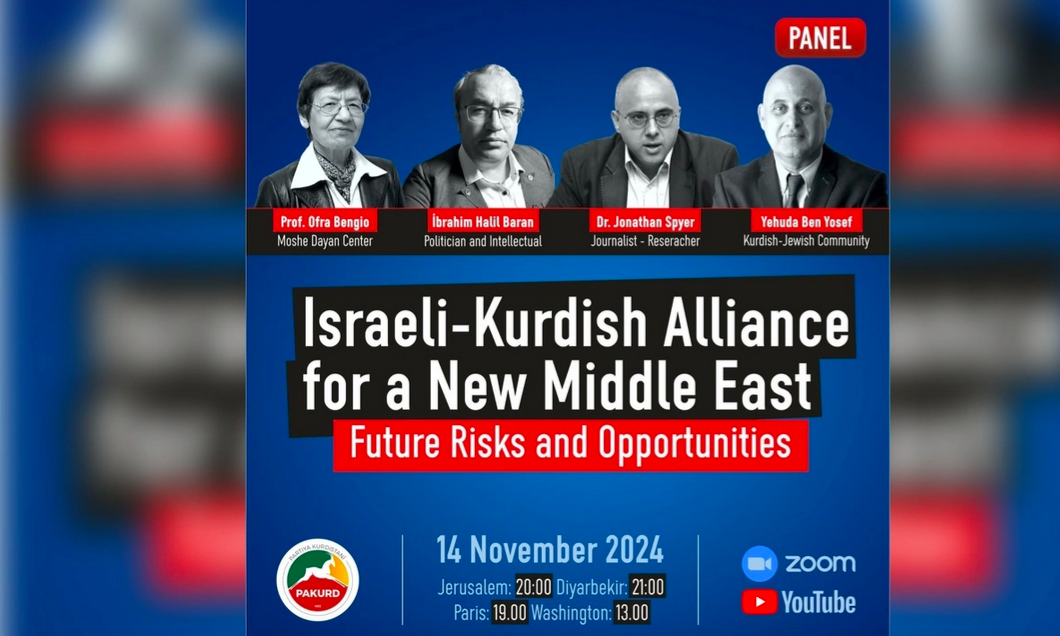
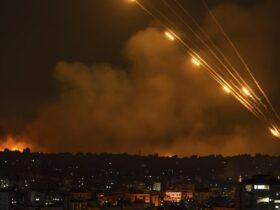

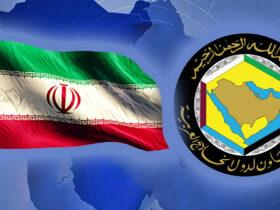


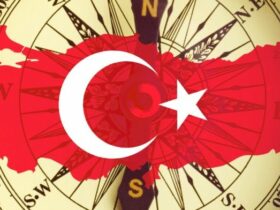

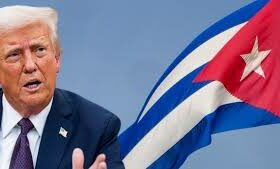

Leave a Reply